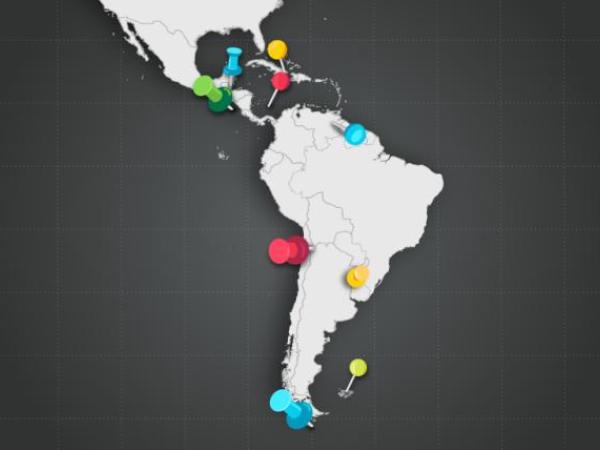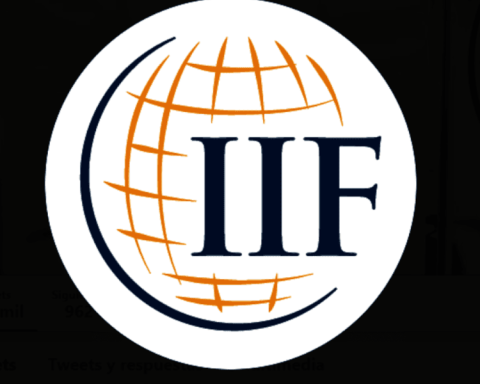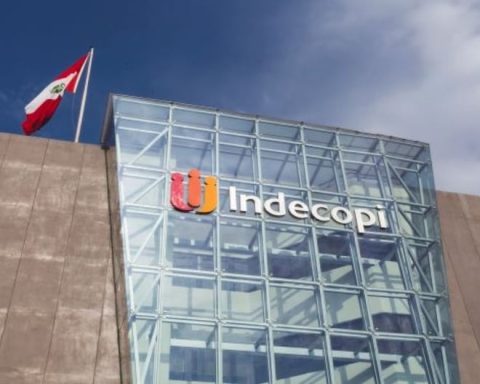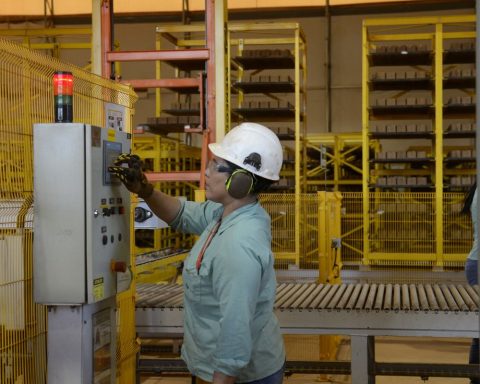Latin America was one of the first regions to emerge with a policy of rising interest rates by central banks to control inflationwhich was already beginning the current expansionist cycle.
(These are the risks of the Colombian economy, according to Bank of America).
Such anticipation has earned the region to begin to back down on monetary policy, since in some countries, the cost of living has already begun to drop slightly, in what may seem -finally- that expected turning point.
“The first bank that began to raise rates, in March of last year, was Brazil, very aggressively, so that today it is still at 13.75%,” said Munir Jalil, head of economic research for the Region. Andina of BTG Pactual.
Brazil’s tactic worked and its economy began to fall slightly from a high of 12.13% reached in March to 7.17% last August, just under half, according to official data.
(Main reasons of the Banco de la República to raise the rate to 11%).
In fact, the central bank of Brazil decided last Thursday to maintain the rate at the aforementioned level for the second consecutive month and warned that it would remain high for a certain period until “at least” August of next year, when it could begin to fall to close 2023 below 12%.
The second country that began to raise interest rates since July of last year was Chile, taking it to the current point of 11.25%, a figure that does not seem to decrease in the near future.
Although inflation in the southern country continues to rise at a general level, 13.7% at a monthly level, it has been posting sustained falls since July; for which it could explain the forecasts in this regard to lower inflationary pressures that the monetary entity has.
Colombia was the third country in the region to begin tightening monetary policy since last year, a practice that has currently been criticized by the National Government, which questions its effectiveness in controlling inflation, while from the private and academic sector, they defend the effectiveness of the measures.
“What we are seeing with Brazil, with Chile, tells us the opposite (that they are useless). Raising interest rates does work, what happens is that they don’t go down immediately, this takes time,” Jalil said.
As the economist points out, in the case of Colombia there is still an upward trend, for examplethe recent rise in rates to 11%, and could continue like this until next Decemberwhen the Banco de la República increases again to later emulate its peers and stabilize monetary policy for an indeterminate period next year.
“If we continue in the upward cycle, as we have been doing, inflation will go down. Raising rates does work, we have evidence in the region in the countries that first began to raise their rates,” said the BTG Pactual staff economist.
Brayan Rojas, director of financial risk management at KPMG Colombia, also agrees with this. “The country has been in line with the other countries in the region in terms of the gradual increase in its reference rate and is currently in fourth place with the highest rates, but without a doubt there will be greater increases in what rest of the year to contain inflation”.
Recently, the central bank of Peru, another of the economies similar to Colombia’s, also warned that the entity “is close” to the rate hike limit, but even so, the president of the entity did not dare to commit, due to the volatility of causes.
At this time, the interest rate for the neighboring country is 7%, while inflation for September is 8.53%.
With 75%, it is worth highlighting Argentina as the country with the highest interest rate in the Latin American region.
Roberto Casas-Lugo
BRIEFCASE

















